Covid-19 Crisis Could Decimate Water Utility Revenue, Worsen Affordability Problems
The economy is on ice and unemployment is off the charts. That combination could dent utility budgets and hurt households.
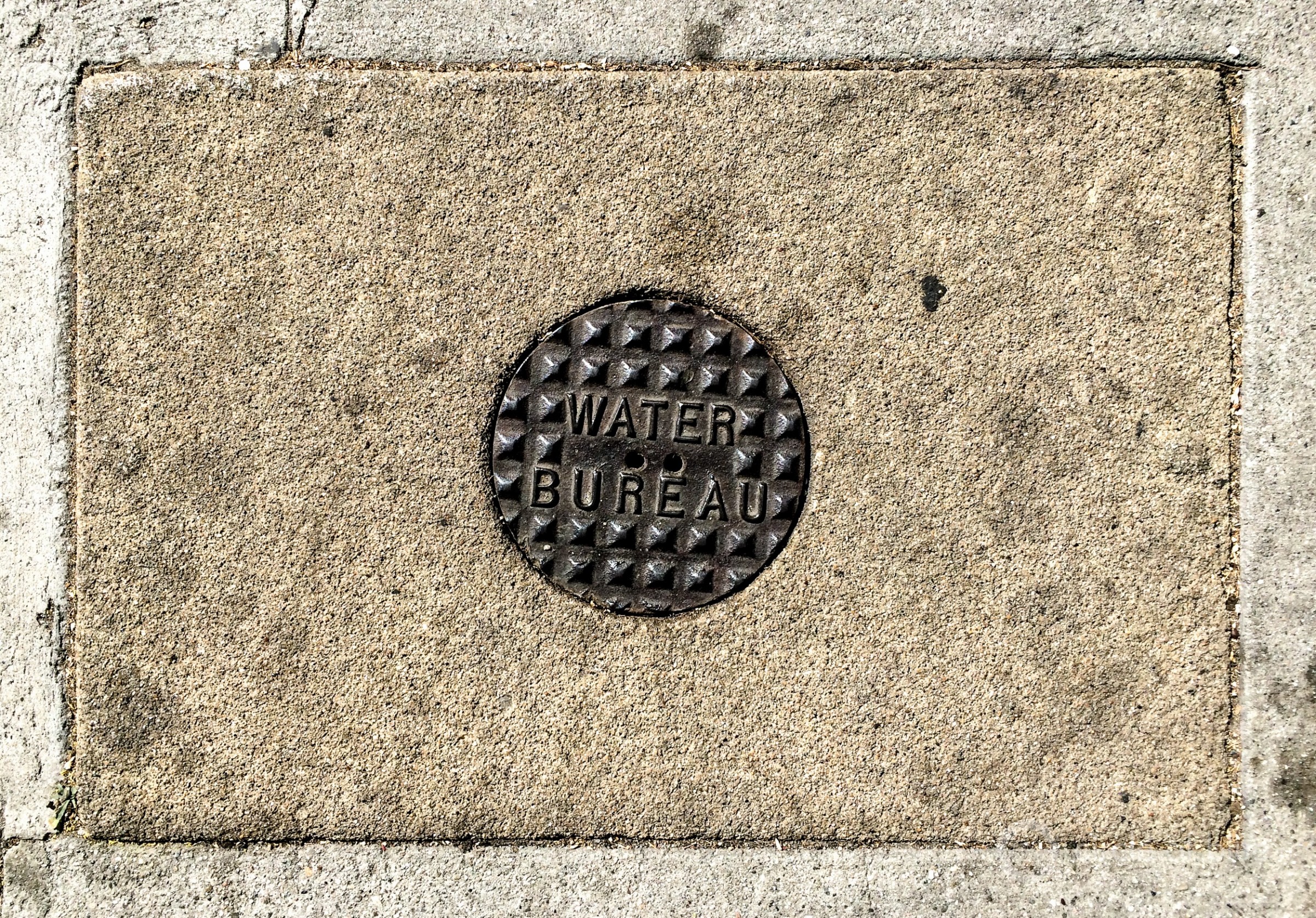
As businesses and industries shutter, water use patterns in U.S. cities are changing. Photo © J. Carl Ganter/Circle of Blue
By Brett Walton, Circle of Blue
Only a few weeks into the shutdown of large portions of the American economy, the loss of jobs and business is already staggering.
Some 6.6 million people filed unemployment claims last week, according to data released by the Labor Department on Thursday. That number is nearly ten times the previous weekly record, from 1982.
The widespread closure of restaurants, manufacturing facilities, theaters, dentist offices, and universities will reverberate not only in jobs reports. The shutdown will also have immediate and potentially long-lasting consequences for America’s water utilities and the people they serve.
Not all of the country’s roughly 50,000 public water systems share the same vulnerabilities, analysts say. But all will be affected in some way by changes in water use patterns and prohibitions on turning off water service. They will have customers who are suddenly jobless and cannot pay their bills on time. Late payments could increase. With businesses closing, water sales, which fund the majority of utility budgets, could decline, especially for utilities that rely on a few large industries for the bulk of their revenue.
Declining sales and more late payments are a one-two punch that utility leaders are already steeling themselves to endure.
Many will survive by tapping cash reserves and delaying repair projects. Initially, these moves will buffer financial impacts, according to Fitch Ratings, which tracks the finances of large utilities.
But for some utilities, financial pain will be swifter and more severe. Water rates could soar so that utilities have the cash required for system operations. Fitch also warns that with jobless claims rising and residential demands increasing because more people are staying at home, the affordability of water bills will become a prominent issue.
“If you were already highly concerned about affordability, most likely this series of events is not going to help at all,” Jason Mumm, a water rates consultant with FCS Group, told Circle of Blue. “It’s going to make things worse unless there is assistance.”
Josh Schimmel, executive director of Springfield Water and Sewer Commission, told Circle of Blue that his utility, which serves 250,000 people in western Massachusetts, could see its largest rate increase ever to make up for an expected 5 to 6 percent drop in revenue this fiscal year and next. He is hoping that Congress will throw a lifeline to customers who cannot afford to maintain payments.
“This is the challenge a lot of utilities will have to face,” Schimmel said. “We have a lot of infrastructure needs, every utility does. Now is not the time to pull back and do a zero percent increase. The bigger failure would be not having a water and wastewater system that is reliable. We can’t afford to have a water crisis on top of any other crisis.”
Planning for Uncertainty
Many utilities are already operating under newly imposed constraints. Because water is essential for handwashing and hygiene, hundreds of utilities said they would not turn off water to customers who are late paying their bills during the Covid-19 emergency. The governors of California, New Hampshire, New Jersey, and Ohio were among those who ordered all public water utilities in their states to suspend water shutoffs during the emergency. The Wisconsin Public Services Commission did the same in that state.
The effect of the shutoff prohibitions is a question that will linger in the early months of this crisis. Utility leaders are trying to make sense of their financial vulnerabilities. The National Association of Clean Water Agencies, a trade group for wastewater utilities, said that its members could collectively lose $12.5 billion in revenue if water use declines 20 percent.
Raleigh Water, which serves North Carolina’s capital city and its surrounding area, is one utility attempting to plan for potential disruption.
Robert Massengill, the Raleigh utilities director, said that he is focused on two risk factors: changes in water use and the percent of people who do not pay their bills, which is called the delinquency rate.
Raleigh suspended water disconnections during the emergency and it waived late fees. Water use has not yet changed much, Massengill said. He believes water use in offices and schools is simply being shifted to homes.
Because of its rate structure, Raleigh could see an increase in billed revenue. Residential rates have three tiers, with the cost of water increasing as more water is consumed. With more people at home, residential water bills could rise, especially if use climbs into the more expensive tiers. To blunt a potential shock to household finances, Massengill appealed to the City Council to adjust the threshold for highest-cost tier during the emergency. The Council unanimously approved the measure this afternoon.
Billed revenue becomes actual revenue only after customers pay their bills. That is where uncertainty about the delinquency rate comes in.
Historically, Raleigh’s delinquency rate has been quite low, about 0.6 percent of accounts, Massengill explained during a webinar last week. During the winter holidays, when the utility does not shut off water, the rate is about two and a half times higher, he said.
The story is different in Springfield, where the poverty rate of 28 percent is nearly triple the state level.
Schimmel said that the delinquency rate, even before the current financial turmoil, varied between 10 and 20 percent. The coming months could be worse.
“I don’t think it’s a stretch to say that we could see it go to forty percent,” he said.
Springfield is not shutting off water and it waived late fees, which used to provide about 1 percent of utility revenue, Schimmel said. That helps individuals, but it is more lost revenue during the Covid-19 emergency. Water use is down about 10 to 15 percent as well, Schimmel said.
Because so many of his customers struggle to pay their bills, Schimmel is in favor of a federal customer assistance fund for water bills.
“That way the rates we charge reflect the true value of water and those who cannot afford it get a federal subsidy,” he said.
A Water Bailout?
House Democrats proposed a customer assistance fund as part of their coronavirus response bill. The provision, however, was not part of the $2 trillion aid package that Congress ultimately passed.
Discussions are now underway for the next stimulus bill, which will be on the table when Congress returns on April 20 from its spring break. House Democrats are in favor of household water assistance, as well putting tens of billions of dollars toward water and sewer systems. President Trump has signaled interest in an infrastructure package.
The need for federal action is becoming clearer, Mumm said. He sees parallels between the current economic seizure and the financial crisis that unfolded following the Great Recession. That earlier calamity began more than a decade ago, and resulted in water affordability becoming a top issue for utilities and social justice advocates. Only in the last few years did wages at the lower end of the income distribution begin to rise again.
“The global financial crisis took a long time to dig out from,” Mumm said. “My own worry is that this throws us back to where we were.”
Brett writes about agriculture, energy, infrastructure, and the politics and economics of water in the United States. He also writes the Federal Water Tap, Circle of Blue’s weekly digest of U.S. government water news. He is the winner of two Society of Environmental Journalists reporting awards, one of the top honors in American environmental journalism: first place for explanatory reporting for a series on septic system pollution in the United States(2016) and third place for beat reporting in a small market (2014). He received the Sierra Club’s Distinguished Service Award in 2018. Brett lives in Seattle, where he hikes the mountains and bakes pies. Contact Brett Walton

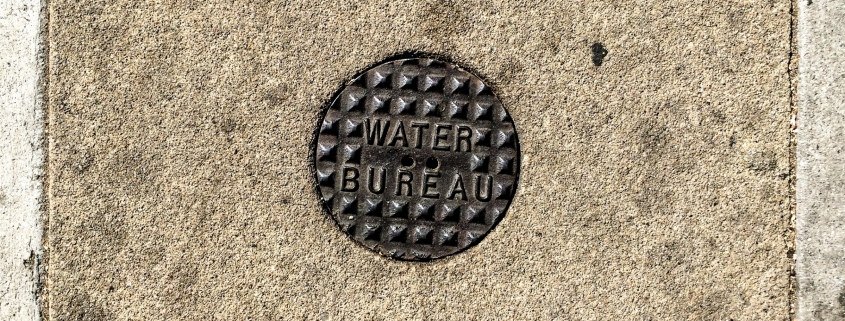


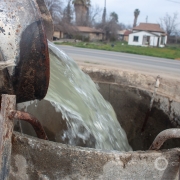
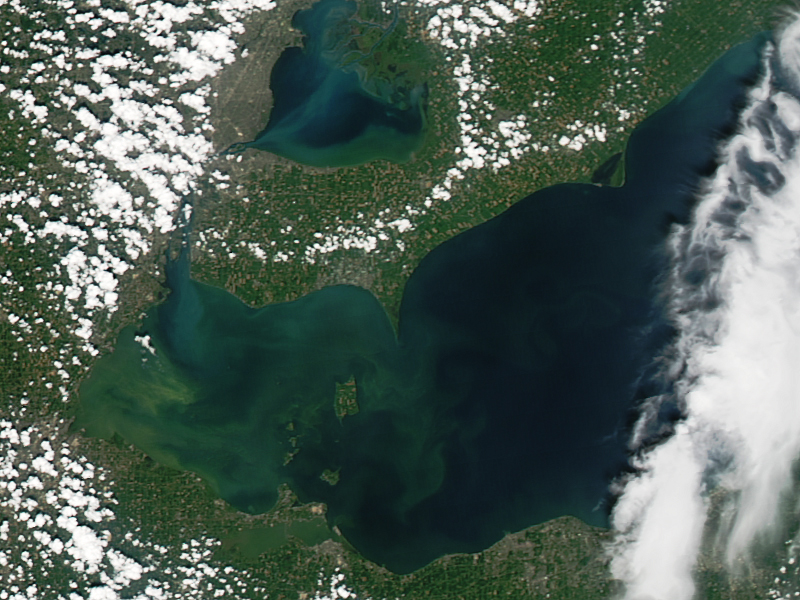
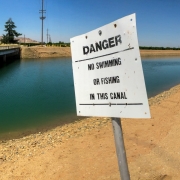





Leave a Reply
Want to join the discussion?Feel free to contribute!